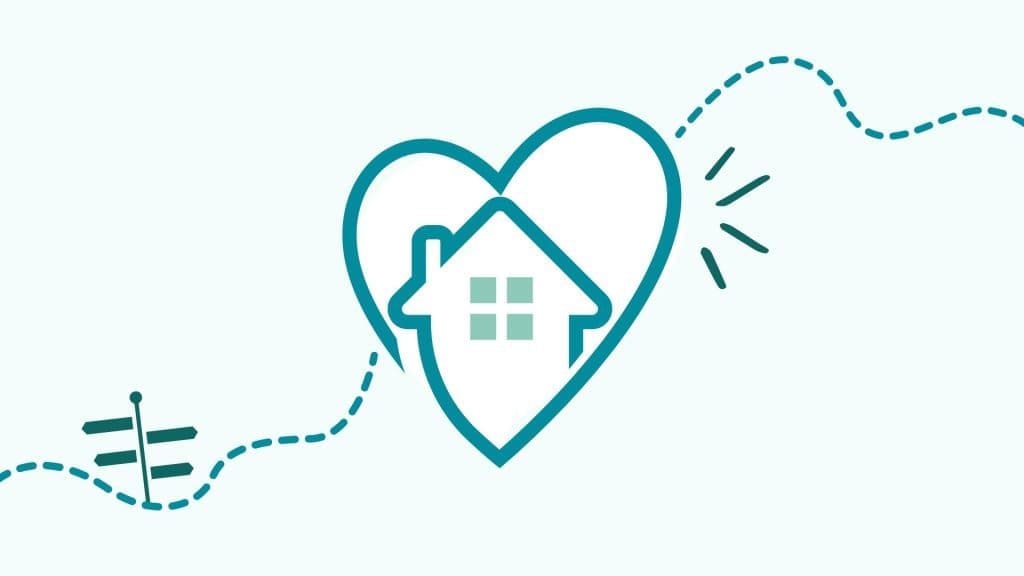Choosing the Right Home Care Providers: NDIS Plan Manager Insights and In Home Caregivers
The Expanding Demand for In Home Treatment Givers: Factors Family Members Pick Specialist Treatment Over Typical Facilities
The increasing preference for at home caretakers over conventional facilities is a considerable fad improving the landscape of elder care. Family members are drawn to the advantages of personalized treatment that aligns with private requirements and choices, enabling elders to maintain a feeling of freedom in an acquainted environment.
Personalization of Treatment
Customization of care in home caregiving is vital for satisfying the distinct needs of each person (ndis plan manager). This technique makes sure that care strategies are customized to the particular requirements of the person, considering their clinical history, personal choices, and lifestyle. By concentrating on the person's distinct circumstances, caretakers can foster a sense of self-respect and autonomy, which is often doing not have in more institutionalized settings

Home caregiving allows for constant observation and modification of care techniques, making certain that changes in health standing or individual choices are promptly dealt with. Eventually, individualized treatment in home settings considerably contributes to the general wellness of clients, making it a vital component of modern-day caregiving techniques.
Convenience of Home Atmosphere
The comfort of a home environment plays an essential role in the performance of home caregiving. Lots of individuals, particularly seniors, experience enhanced stress and anxiety and stress and anxiety when put in unfamiliar setups such as standard care facilities. Home caregiving provides a familiar ambience, loaded with personal possessions, valued memories, and the feeling of safety and security that comes from being in one's own area. This familiarity can significantly boost emotional health, which is crucial for recovery and total health and wellness.
Moreover, the home setting enables a tailored method to caregiving, accommodating specific choices and routines. Households can develop an ambience that shows their enjoyed one's way of life, ensuring that treatment is delivered in a way that feels natural and comfortable. This customized setup urges better interaction and communication between clients and caretakers, fostering depend on and rapport crucial for reliable care.
Additionally, the convenience of home can promote social connections, as relative and pals can see a lot more easily, offering important emotional assistance. in home caregivers. Generally, the home environment not only assists to preserve self-respect and autonomy yet additionally adds to a better of treatment, making it a favored option for family members looking for expert caregiving options

Enhanced Independence for Seniors
Home caregiving not only provides convenience yet additionally advertises boosted freedom for senior citizens. Unlike standard centers, at home treatment enables senior citizens to preserve their everyday routines and involve in acquainted activities within their own atmosphere. This autonomy is critical for their psychological wellness and general lifestyle.

Additionally, in-home caregivers can adjust their services to cater especially to the one-of-a-kind needs of each senior, advertising a greater sense of control. This flexibility makes sure that seniors can appreciate their pastimes, interact socially with friends and family, and stay energetic in their communities, additionally boosting their feeling of freedom.
Ultimately, at home caregiving not just attends to the physical requirements of elders however likewise equips them to lead meeting lives, making it a progressively prominent selection for families seeking the most effective treatment remedies for their enjoyed ones.
Cost-Effectiveness of In-Home Care
In-home treatment uses a cost-effective choice to conventional nursing centers, allowing households to provide quality assistance for their enjoyed ones without sustaining exorbitant costs. The expenditures connected with assisted living home can be frustrating, typically exceeding $100,000 each year, which can drain economic resources promptly. On the other hand, at home treatment services typically charge on a per hour or per-visit basis, enabling family members to tailor care strategies according to their budget and details requirements.
Moreover, in-home care gets rid of added costs related to center living, such as space, board and transportation, and various management charges. Family members can select to involve caregivers only when required, potentially lowering overall expenditures. A significant advantage of at home care is the ability to preserve personal routines, which can add to far better emotional well-being and reduce the demand for pricey medical treatments arising from sudden lifestyle modifications.
Insurance insurance coverage, including long-lasting treatment insurance, frequently includes at home treatment services, additionally boosting economic accessibility (ndis plan manager). In general, the cost-effectiveness of at home care not only alleviates the financial burden on households but also advertises an extra individualized strategy to care that aligns with private choices and requirements
Structure Stronger Family Links
Giving treatment in a familiar setting promotes much deeper family members connections, allowing liked ones to proactively ndis plan manager take part in the caregiving procedure. In-home care produces possibilities for families to engage meaningfully with their handicapped or senior family members, advertising psychological bonds that can be hard to accomplish in institutional settings. The visibility of professional caretakers makes it possible for relative to concentrate on their relational roles as opposed to being strained by the physical needs of treatment.
Furthermore, at home treatment allows households to preserve their valued regimens, which can lessen feelings of stress and anxiety and disorientation typically related to relocation to care facilities. Shared meals, acquainted environments, and the convenience of home provide a sense of security that improves health and cultivates open interaction.
Families can collaborate with caregivers to establish individualized treatment strategies that show the private choices and requirements of their loved ones. This collective technique not just equips the elderly yet additionally enhances the family system, as participants share obligations and sustain one an additional through challenging times. Ultimately, in-home care cultivates a caring setting where connections can prosper, boosting the lifestyle for both receivers and caretakers.
Conclusion
The enhancing choice for in-home caregivers highlights a significant shift in exactly how families come close to senior treatment. As these elements align, at home care emerges as an engaging alternative to traditional centers, ultimately advertising the wellness and quality of life for seniors.
Households are attracted to the advantages of personalized care that straightens with individual needs and choices, permitting senior citizens to keep a sense of freedom in an acquainted environment.At home care offers an affordable choice to traditional nursing centers, allowing families to supply top quality support for their loved ones without incurring excessively high expenditures. In comparison, in-home treatment solutions generally bill on a hourly or per-visit basis, allowing family members to tailor treatment plans according to their spending plan and details demands.
At home care develops chances for households to involve meaningfully with their impaired or senior relatives, advertising emotional bonds that can be difficult to achieve in institutional settings.The boosting preference for at home caretakers highlights a significant shift in how families approach elderly treatment.